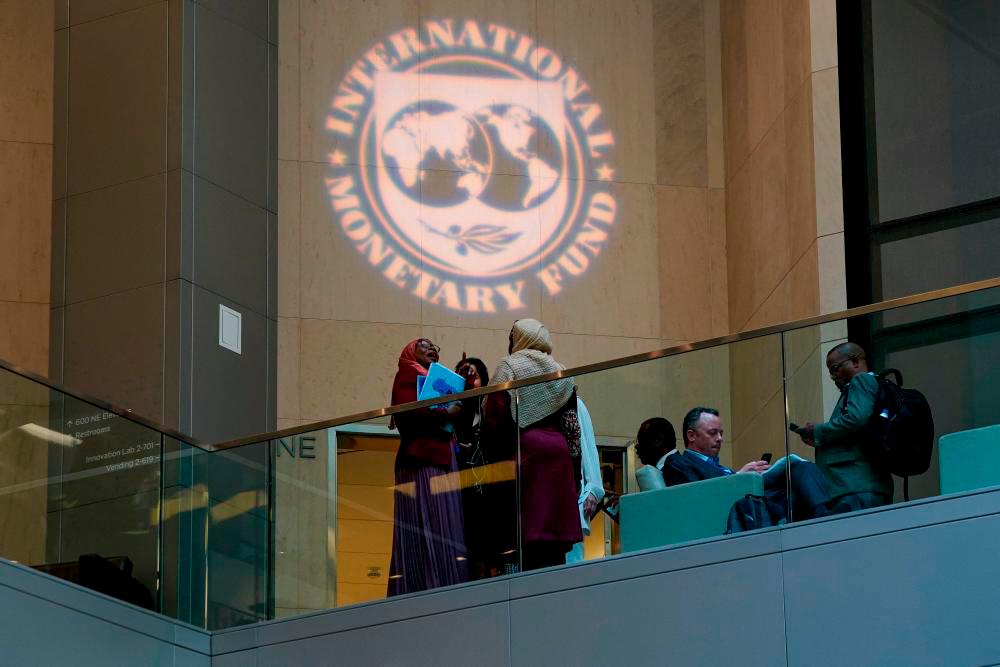WASHINGTON: The World Bank on Saturday approved US$365 million in International Development Association (IDA) financing for the Sub-Saharan Africa Women’s Empowerment and Demographic Dividend Plus project (SWEDD+).
It aims to increase girls’ and women’s access to learning, economic opportunities, and the utilisation of health services, as well as to strengthen the institutional capacity for gender equality in Western and Central Africa, Emirates News Agency (WAM) cited the organisation’s statement.
SWEDD+ has the potential to directly benefit over 2 million vulnerable girls aged between 10 and 19 years old in Burkina Faso, Chad, Senegal, The Gambia, and Togo, who are at risk of child marriage, early pregnancy, gender-based violence, and leaving school and their communities.
Other countries in the region may join and others may benefit with activities carried out at regional level.
“Empowering adolescent girls and young women is essential to accelerate Africa’s demographic transition, improve human development outcomes, and build human capital and inclusive economic growth,” said World Bank Vice-President for Western and Central Africa Ousmane Diagana in the statement.
“By investing in women and girls, countries will build resilient communities that can bounce back from crises and adapt to rising threats, such as climate change and fragility,” he added.
SWEDD+ will sustain the momentum developed through the original SWEDD project, which covers nine countries -- Benin, Burkina Faso, Cameroon, Chad, Cote d’Ivoire, Guinee, Mali, Mauritania, and Niger, to expand and deepen the impact on adolescent girls and women.
By partnering with two regional institutions, the Economic Community of Central African States (ECCAS) and the Economic Community of West African States (ECOWAS), SWEDD+ will take actions to build regional knowledge, capacity, and commitment and adopt harmonised policies to enhance women’s empowerment across the countries.
The newly approved SWEDD+ brings the total World Bank investments toward women’s empowerment in Africa to US$1.04 billion.-Bernama









